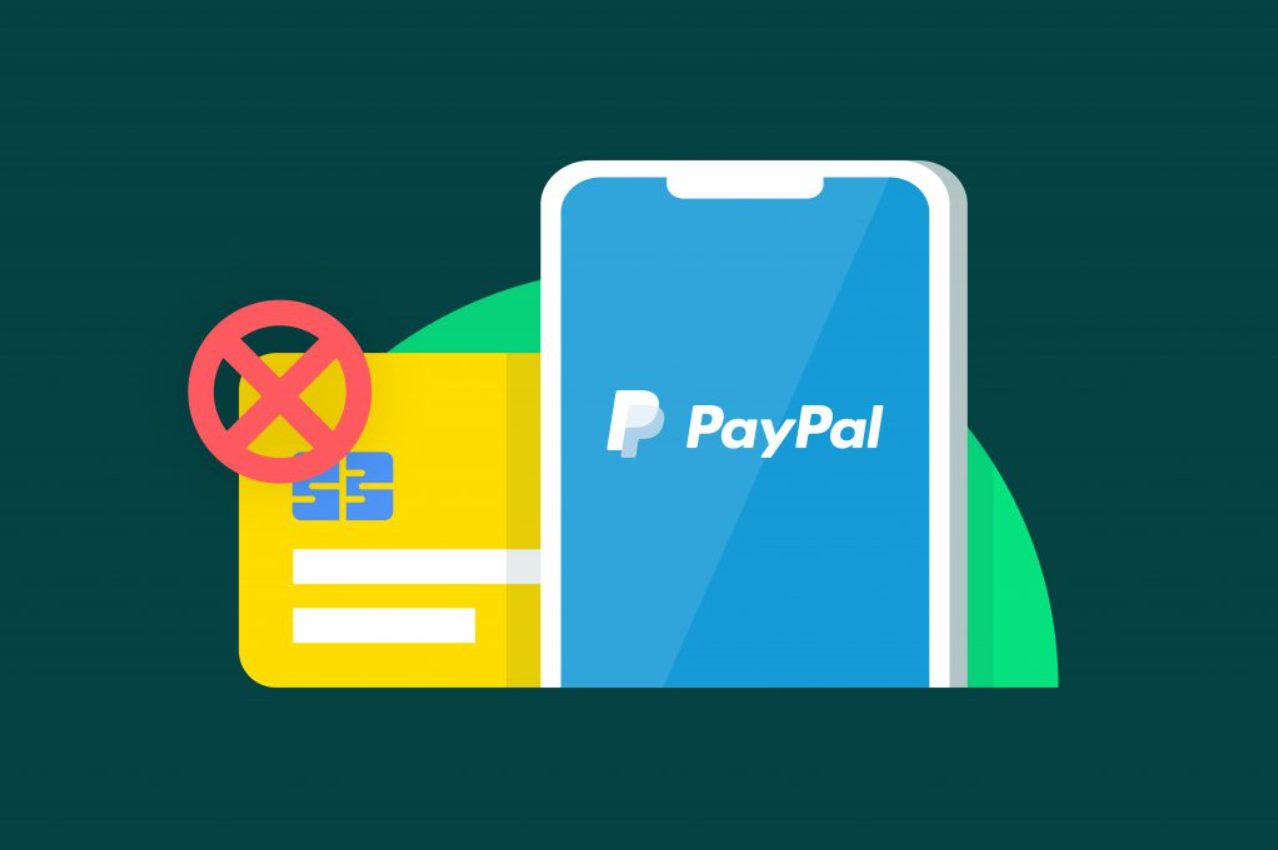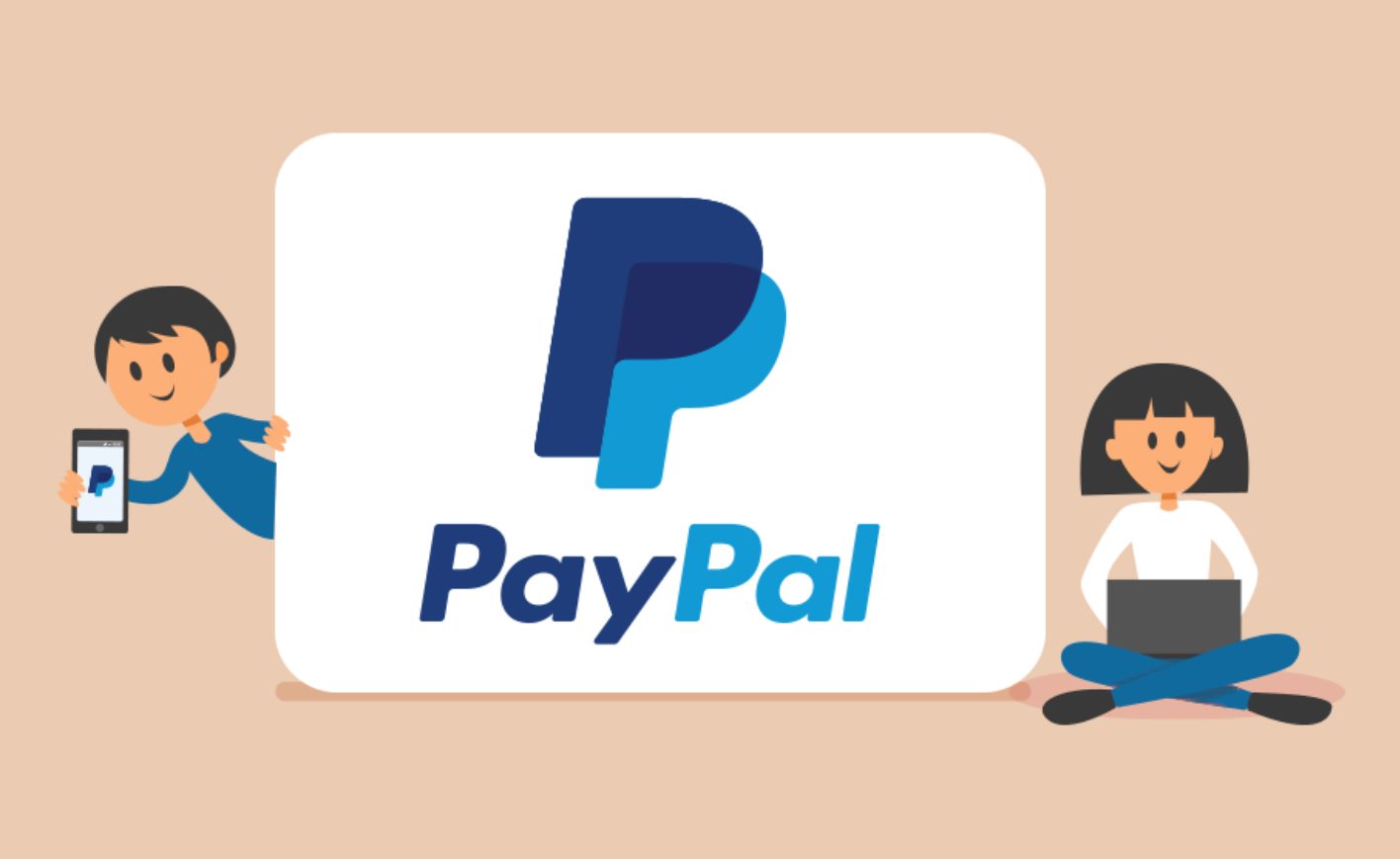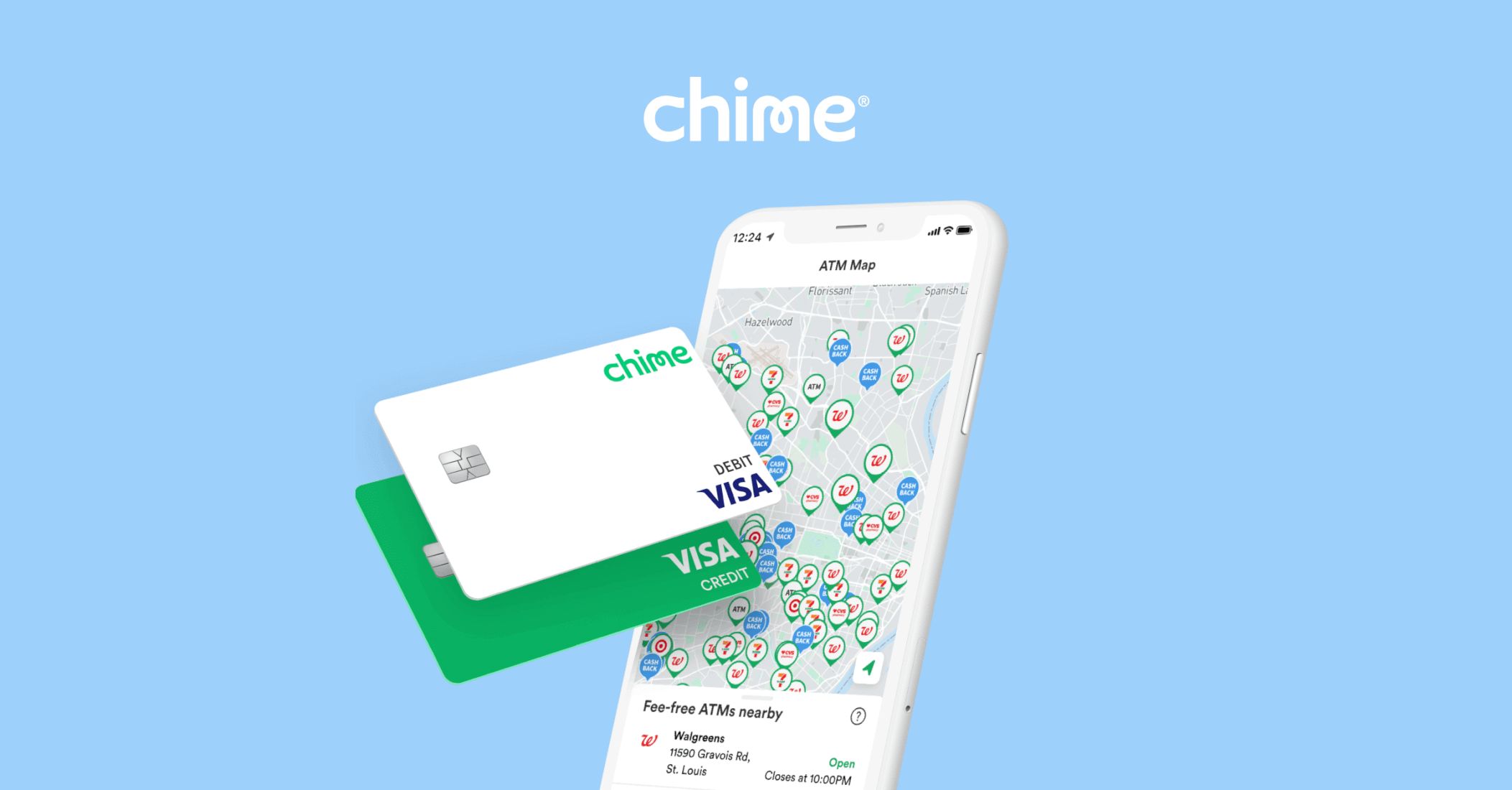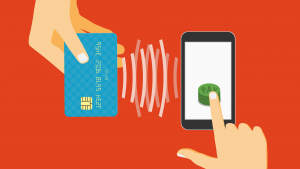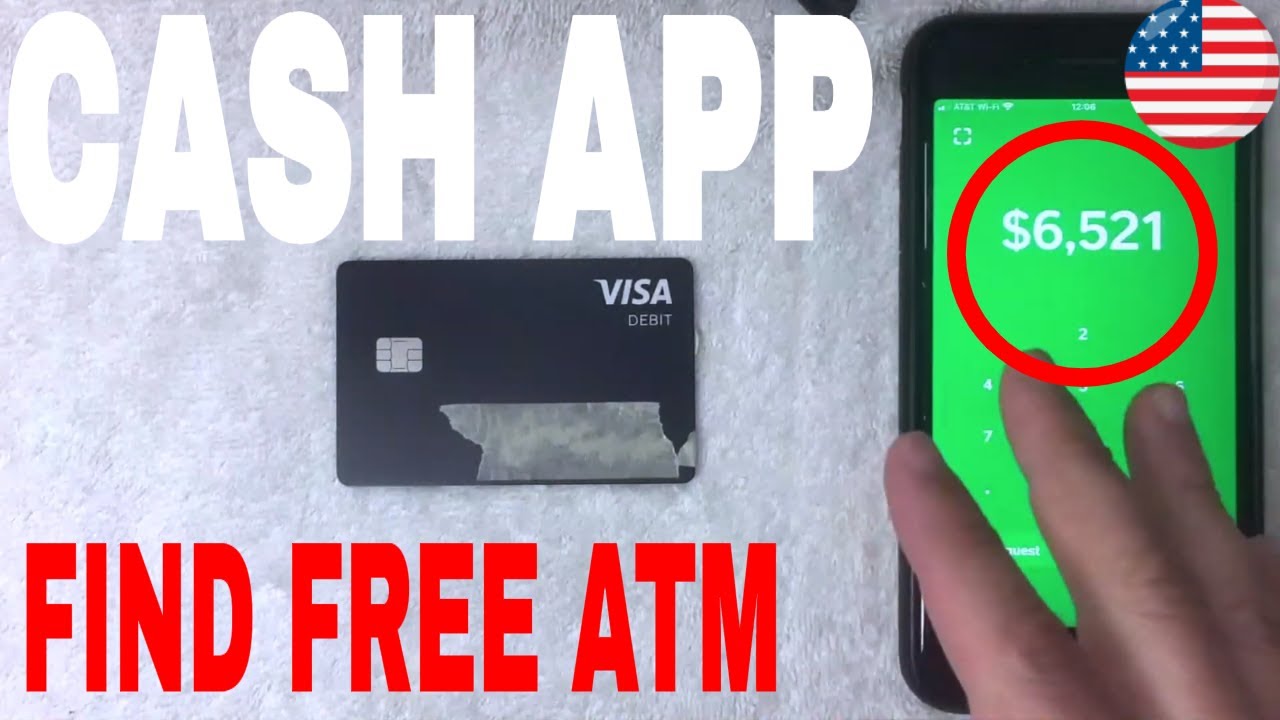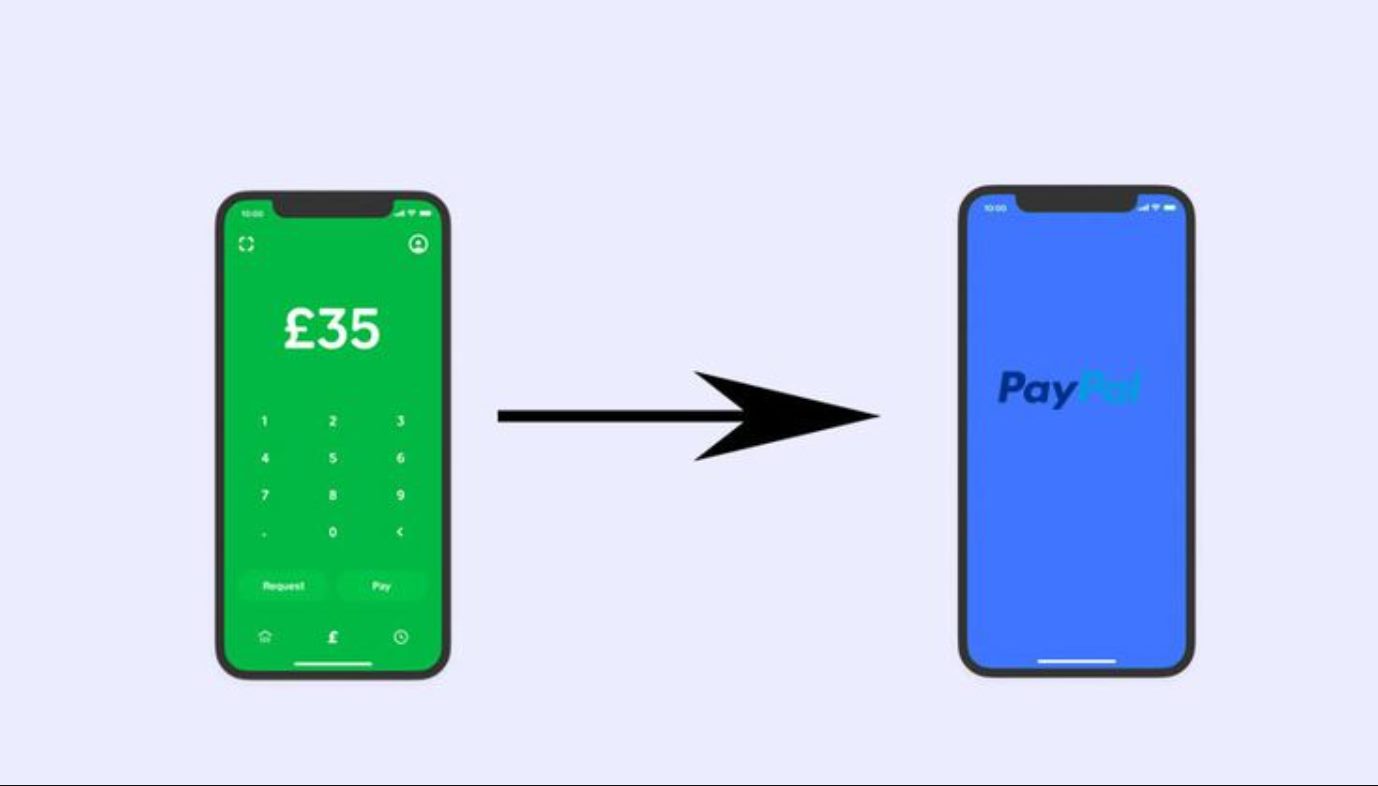Reasons why PayPal may not transfer your money:
When it comes to online transactions, PayPal is one of the most popular platforms for securely sending and receiving money. However, there are instances where you may encounter difficulties in transferring your money. Understanding why PayPal may not transfer your money is essential in resolving any issues promptly. Here are some common reasons why this may occur:
- Insufficient funds in your PayPal account: The most straightforward explanation is that you don’t have enough funds in your PayPal balance to complete the transfer. Ensure that you have sufficient funds or link your bank account or credit card as a backup funding source.
- Suspicion of fraudulent activity: PayPal has robust security measures in place to protect its users from fraudulent transactions. If PayPal detects any suspicious activity on your account, they may temporarily hold the transfer for review to ensure the security of your funds.
- Account limitation due to violation of PayPal’s terms and conditions: If you have engaged in activities that go against PayPal’s terms and conditions, such as violating their acceptable use policy or conducting prohibited transactions, your account may be limited. This could prevent you from transferring money until the issue is resolved.
- Confirmation of identity and proof of ownership: PayPal may occasionally request additional information to verify your identity or confirm ownership of the account. This is done to safeguard against identity theft or unauthorized access. Failure to provide the required documentation may cause delays in transferring your funds.
- Incomplete or incorrect payment details: It’s essential to double-check the payment details before initiating a transfer. If you have entered incorrect or incomplete information, such as the recipient’s email address or shipping address, PayPal will not be able to complete the transaction until the details are corrected.
- Technical issues experienced by PayPal: Like any online platform, PayPal can occasionally face technical glitches or undergo maintenance. In such cases, transfers may be temporarily unavailable until the issues are resolved.
- Dispute or claim filed by another user: If a recipient disputes a transaction or files a claim against you, PayPal may withhold the transfer until the dispute is resolved. This is to ensure fair resolution between the parties involved.
- Restricted or blocked payment recipients: PayPal maintains a list of restricted or blocked recipients to prevent illicit activities. If the recipient you’re trying to transfer money to is on this list, PayPal will halt the transfer for security reasons.
- Compliance with legal and regulatory requirements: PayPal is obligated to comply with various legal and regulatory requirements, such as anti-money laundering (AML) and Know Your Customer (KYC) regulations. If your account triggers any compliance checks, PayPal may need additional information or documentation before allowing the transfer.
- Accuracy and verification of financial information provided: PayPal requires accurate financial information to ensure smooth transactions. If the information provided, such as bank account or credit card details, cannot be verified, PayPal may restrict your ability to transfer funds until the necessary verification is completed.
By understanding these potential reasons, you can take the necessary steps to resolve any issues and ensure a seamless experience when transferring money through PayPal.
Insufficient funds in your PayPal account
One of the most common reasons why PayPal may not transfer your money is due to insufficient funds in your PayPal account. When you initiate a transaction, PayPal deducts the amount from your account balance. If there are not enough funds available, the transfer cannot be completed.
To resolve this issue, you have a few options. Firstly, you can add funds to your PayPal account by linking your bank account or credit card. PayPal allows you to transfer money from your financial institutions directly to your PayPal balance, ensuring that you have enough funds for your desired transaction.
Alternatively, you can also choose to link a backup funding source to your PayPal account. By linking your bank account or credit card as a backup, PayPal can automatically withdraw funds from these sources if your PayPal balance is insufficient. This ensures that your transactions can still go through, even if your PayPal balance is low.
It is important to regularly check your PayPal account balance and monitor your transactions to avoid any delays or complications in transferring money. Keeping a sufficient balance or linking a backup funding source will give you peace of mind knowing that you can complete transactions without any funding obstacles.
Suspicion of fraudulent activity
PayPal takes its users’ security seriously and employs advanced fraud detection measures to protect against unauthorized transactions and fraudulent activities. If PayPal detects any suspicious activity on your account or within a specific transaction, they may temporarily hold the transfer for further review.
Instances that may raise suspicion include large or unusual transfers, multiple transactions to unfamiliar recipients, or a sudden change in your transaction patterns. PayPal’s fraud detection algorithms continuously monitor account activity to identify any potential fraudulent behavior and protect both buyers and sellers.
If PayPal suspects fraudulent activity, they may place a temporary hold on your funds and request additional documentation or information to verify the legitimacy of the transaction. This helps ensure that your funds are protected and not being used in unauthorized or fraudulent transactions.
To ensure a smooth resolution, it is important to cooperate with PayPal’s investigation and provide any required information promptly. This may involve providing proof of identity, confirming the transaction details, or providing documentation related to the source of funds or the nature of the transaction.
If the suspicious activity is determined to be legitimate, PayPal will release the hold on your funds and allow the transfer to proceed. However, if the suspicious activity is confirmed as fraudulent, PayPal will take appropriate actions to protect your account and funds, which may include canceling the transfer and initiating a refund if necessary.
Remember, PayPal’s proactive approach to detecting and preventing fraud is designed to protect both users and the overall integrity of the platform. While it may cause temporary delays in your transfers, it is an important measure to ensure the safety and security of your funds.
Account limitation due to violation of PayPal’s terms and conditions
PayPal has a set of terms and conditions that all users must adhere to when using their services. If PayPal suspects that you have violated any of these terms, they may impose limitations on your account, which can prevent you from transferring money until the issue is resolved.
Account limitations can occur for a variety of reasons, including engaging in prohibited activities, violating PayPal’s acceptable use policy, or conducting transactions that go against their guidelines. Some common examples of violations include using PayPal for illegal or fraudulent activities, selling prohibited goods or services, or engaging in money laundering.
When PayPal imposes an account limitation, they will notify you through email or a notification within your account. The notification will outline the reason for the limitation and provide instructions on how to resolve the issue.
To resolve an account limitation, you will typically need to provide additional information or documentation to PayPal. This may include proof of identity, proof of address, or additional details about a specific transaction. PayPal will review the information you provide and assess whether you have complied with their terms and conditions.
It is important to cooperate with PayPal’s request for information and provide accurate and complete documentation. Failure to do so may prolong the account limitation and delay your ability to transfer money. Be sure to carefully read the instructions provided by PayPal and follow their guidelines for resolving the limitation.
Once PayPal has reviewed the information and determined that you have resolved the violation, they will lift the account limitation, and you will regain full access to your funds and the ability to transfer money. However, if PayPal finds that the violation still stands, they may take further action, including permanent limitations on your account.
It is crucial to familiarize yourself with PayPal’s terms and conditions and to use the platform in accordance with their guidelines. By doing so, you can avoid potential violations and the associated account limitations, ensuring a smooth experience when transferring money using PayPal.
Confirmation of identity and proof of ownership
As a part of ensuring the security of its users’ accounts and transactions, PayPal may sometimes require additional verification of your identity and proof of ownership of the account. This verification process is essential to protect against unauthorized access and fraudulent activities.
If PayPal suspects any unusual account activity or if you reach certain transaction thresholds, they may request additional information to confirm your identity. This could include providing a copy of a government-issued identification document, such as a passport or driver’s license.
In addition to confirming your identity, PayPal may also require proof of ownership of the account. This can be done by providing documentation such as bank statements, utility bills, or credit card statements that show your name and address and are tied to the PayPal account in question.
It is important to note that PayPal will never ask for your password or other sensitive details via email or on a website other than their official platform. If you receive any suspicious emails requesting this information, do not respond and report it to PayPal immediately.
When PayPal requests identity verification or proof of ownership, it is crucial to promptly provide the requested documentation. Failure to do so may result in limitations on your account and the inability to transfer money until the verification process is complete.
Once you have provided the necessary documentation, PayPal will review it and confirm your identity and ownership of the account. If everything matches their records, they will lift any restrictions on your account and you will be able to proceed with transferring money as usual.
It is worth noting that PayPal’s verification process is designed to protect your account and ensure that only authorized individuals have access to your funds. By cooperating with the identity confirmation and proof of ownership requests, you can help prevent unauthorized access and keep your account secure.
Incomplete or incorrect payment details
One common reason why PayPal may not transfer your money is due to incomplete or incorrect payment details. When initiating a transfer, it is crucial to ensure that all the necessary information is provided accurately.
The payment details include the recipient’s email address or mobile number, depending on the payment method chosen. If you enter an incorrect email address or mobile number, PayPal will not be able to locate the recipient’s account and complete the transfer.
To avoid this issue, double-check the payment details before confirming the transaction. Make sure you have the correct email address or mobile number of the recipient, and ensure there are no spelling errors or typos. Pay attention to any special characters or symbols that should be included.
In addition to the recipient’s contact information, you also need to provide the correct payment amount and currency. Make sure the amount reflects the correct value, and select the appropriate currency to avoid any conversion or exchange rate discrepancies.
Furthermore, if you are making a payment for goods or services, it is essential to provide the necessary details or reference information. This may include an invoice or order number, the purpose of the payment, or any additional information that the recipient might require to process the transaction.
By ensuring that all payment details are complete and accurate, you will minimize the chances of encountering issues with transferring money through PayPal. It is also helpful to communicate with the recipient to confirm the payment details before initiating the transfer, especially for larger or more complex transactions.
If you realize that you have entered incorrect or incomplete payment details after initiating the transfer, you should contact PayPal’s customer support immediately. They may be able to assist you in resolving the issue or provide guidance on how to rectify the situation.
Remember, taking the time to review and verify payment details before initiating a transfer can save you time, prevent delays, and ensure a seamless transaction experience when using PayPal.
Technical issues experienced by PayPal
Despite its reliability, PayPal, like any online platform, can sometimes experience technical issues that may prevent the transfer of your money. These technical glitches can range from temporary system outages to software bugs or connectivity problems.
If you encounter a technical issue while trying to transfer money through PayPal, the first step is to check if the problem is widespread or localized to your account. You can do this by visiting PayPal’s status page or checking their social media channels for any reported system-wide issues.
If there are known technical issues affecting PayPal’s services, there is usually little you can do but wait for PayPal to resolve the problem. In such cases, PayPal typically provides updates on the progress of the issue and an estimated time for the restoration of normal services.
However, if the technical issue seems to be isolated to your account, there are a few steps you can take to troubleshoot the problem. Start by clearing your browser cache and cookies, restarting your device, and trying the transfer again. If the issue persists, consider using a different browser or device to see if it resolves the problem.
If the technical issue continues to persist, it is recommended to reach out to PayPal’s customer support for assistance. They have dedicated teams available to help you troubleshoot and resolve technical issues with your account or transactions.
While technical issues can be frustrating, it’s important to remember that PayPal strives to provide a reliable and secure platform for transferring money. They continuously work to resolve technical issues promptly and minimize any disruptions to their services.
Patience and proactive communication with PayPal’s customer support will aid in resolving technical issues and ensure a seamless experience when using PayPal to transfer your money.
Dispute or claim filed by another user
Another reason why PayPal may not transfer your money is if a dispute or claim has been filed by another user involved in the transaction. Disputes or claims can arise when there is a disagreement or issue with a transaction, such as with a purchase or service provided.
When a dispute or claim is filed, PayPal will initiate an investigation to resolve the issue. During this time, they may temporarily hold the transfer of funds to ensure fairness and protect both parties involved.
If a dispute or claim has been filed against you, it is essential to communicate and work towards a resolution with the other party. PayPal provides a platform for both parties to provide evidence, communicate, and attempt to resolve the issue amicably.
To resolve a dispute or claim, PayPal may request additional information from both parties involved. This could include providing evidence of the transaction, communications, or any relevant documentation that supports your case.
It is important to actively and promptly participate in the resolution process. Failure to respond or provide the requested information may result in PayPal making a decision based on the available evidence, which may not be in your favor.
Once PayPal has reviewed the information and evidence from both parties, they will make a final decision on the dispute or claim. If the decision is in your favor, the funds may be released to you. However, if the decision favors the other party, PayPal may refund the funds to them or take appropriate action based on the circumstances.
Remember, disputes and claims are a common aspect of online transactions, and PayPal provides a mechanism to resolve such issues fairly. By engaging in open communication and providing necessary evidence, you can work towards a resolution and ensure a smooth transfer of funds.
Restricted or blocked payment recipients
PayPal maintains a list of restricted or blocked payment recipients to prevent illicit activities and protect its users. If the recipient you’re trying to transfer money to is on this list, PayPal will not allow the transfer to proceed.
The list of restricted or blocked recipients typically includes individuals or businesses involved in fraudulent or illegal activities, known scam artists, or individuals with a history of violating PayPal’s terms and conditions.
To ensure the security and integrity of the platform, PayPal regularly updates and monitors this list. This helps protect users from potential scams, fraudulent transactions, or falling victim to illegal activities.
If you find that your payment recipient is on the restricted or blocked list, you will need to find an alternative payment method or choose a different recipient. PayPal restricts transfers to these recipients to comply with regulations and maintain the trust of its users.
In some cases, PayPal may also block payments to certain countries or regions due to legal or regulatory restrictions. If you’re attempting to transfer money to a recipient in one of these blocked regions, PayPal will not allow the transaction to go through.
It’s important to note that PayPal’s restricted or blocked payment recipient list is continually reviewed and updated. Recipients who have resolved their issues or demonstrated compliance with PayPal’s policies may be removed from the list, enabling future transfers to take place.
To avoid any issues related to restricted or blocked recipients, it’s crucial to ensure that you are familiar with PayPal’s policies and terms and conditions. Before initiating a transfer, confirm that the recipient is not on the restricted list and that your payment complies with PayPal’s regulations.
By adhering to PayPal’s guidelines and using alternative payment methods when necessary, you can ensure that your money is transferred securely and avoid any complications related to restricted or blocked payment recipients.
Compliance with legal and regulatory requirements
As a reputable and widely used online payment platform, PayPal is subject to various legal and regulatory requirements imposed by governmental authorities and financial institutions. These requirements are in place to prevent money laundering, fraud, and other illicit activities, and ensure the safety and security of financial transactions.
One of the reasons PayPal may not transfer your money is when your account triggers certain compliance checks or falls under scrutiny for regulatory reasons. In such cases, PayPal may require additional information or documentation from you to ensure compliance with these legal obligations.
Examples of compliance requirements include anti-money laundering (AML) regulations, Know Your Customer (KYC) requirements, and suspicious activity reporting. These regulations necessitate PayPal to gather information about their users, verify identities, and monitor account activity for any unusual or potentially fraudulent behavior.
If your account triggers a compliance check, PayPal may request additional documentation, such as proof of identity, proof of address, or details regarding the source of funds. Failure to provide the requested information may result in limitations on your account and the inability to transfer money until the required compliance checks are completed.
It is important to cooperate with PayPal’s compliance requests and provide accurate and relevant information. This will enable PayPal to fulfill its legal obligations and ensure the integrity and security of its platform and the financial transactions being carried out through it.
While these compliance procedures may cause temporary inconveniences, they are in place to maintain the trust and integrity of financial systems and prevent criminal activities. By complying with these requirements and providing the necessary information, you contribute to a secure and trustworthy environment for financial transactions.
It is crucial to stay updated on PayPal’s terms of service and any changes in regulations that may impact your account. By being aware of these requirements, you can ensure that your account remains in good standing and that your transfers are completed smoothly within the bounds of legal and regulatory obligations.
Accuracy and verification of financial information provided
PayPal requires accurate and verified financial information to ensure smooth and secure transactions. Any discrepancies or inaccuracies in the financial information you provide can result in delays or issues with transferring your money.
When setting up your PayPal account, you are required to link a bank account or a credit card. This information is used to verify your identity and facilitate transactions. It is essential to provide accurate and up-to-date financial information to ensure that your transfers are processed correctly.
During the verification process, PayPal may make small deposits into your bank account or charge a small amount to your credit card. By confirming these transactions, PayPal verifies that you have access and control over the linked financial account.
If you encounter issues with transferring money through PayPal, it is worth double-checking the accuracy of the financial information you provided. Verify that your bank account or credit card details are entered correctly and that they are still valid and active.
In some cases, your bank or credit card provider may have restrictions or limitations that prevent certain transactions. It is advisable to contact your financial institution to ensure that there are no restrictions on your account that could interfere with PayPal transactions.
It’s also important to keep your financial information up to date. If there are any changes to your bank account or credit card details, promptly update this information in your PayPal account to avoid any disruption in transferring your money.
PayPal takes various security measures to protect users from fraud and unauthorized access. They employ encryption and authentication techniques to ensure the security of your financial information. Regularly reviewing and verifying your financial details helps maintain the security and integrity of your PayPal account.
By providing accurate financial information and keeping it up to date, you can ensure that your transfers are processed seamlessly and securely. This minimizes the chances of encountering issues related to inaccurate or unverified financial information when using PayPal to transfer money.







